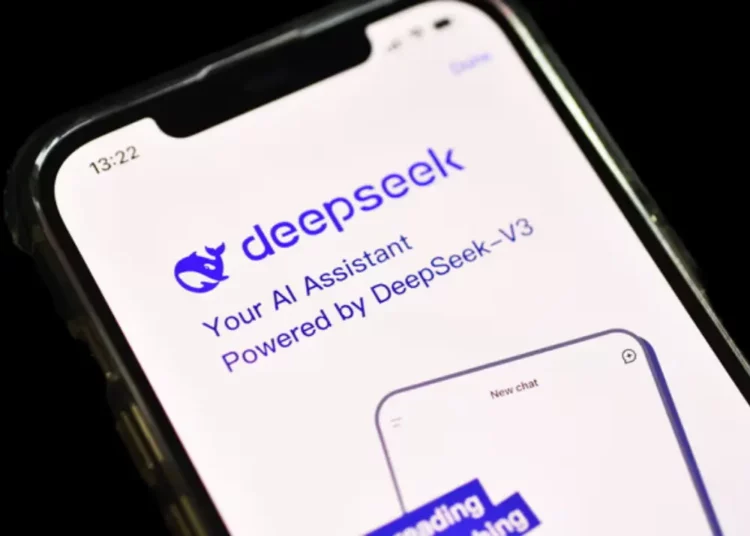A growing wave of companies and government agencies worldwide are scrambling to block access to DeepSeek, the Chinese AI startup that has shot to prominence but is now under intense scrutiny over data privacy concerns. According to cybersecurity firms, “hundreds” of organizations—particularly those with ties to government operations—are taking swift action to prevent their employees from engaging with DeepSeek’s AI tools.
AI on the Blacklist
Nadir Izrael, CTO of cybersecurity firm Armis Inc., confirmed that roughly 70% of its clients have already moved to restrict or completely block DeepSeek. Netskope Inc., another network security firm, reported that 52% of its customers have done the same. The primary fear? Data leakage straight into the hands of the Chinese government.
“The biggest concern is the AI model’s potential data leakage to the Chinese government,” Izrael warned. “You don’t know where your information goes.”
China-Based Data Storage Triggers Alarm
DeepSeek’s own privacy policy openly states that user data—including keystrokes, text and audio inputs, uploaded files, feedback, and chat history—is stored on servers in China. The policy further stipulates that any legal disputes regarding data will be governed by Chinese law, a clause that has set off alarm bells among security experts.
Anxieties over DeepSeek escalated after high-profile endorsements from tech executives, including Marc Andreessen, propelled its AI chatbot to the top of the Apple Store download charts over the weekend. Yet, the company has remained silent, failing to respond to requests for comment.
Cybersecurity Risks Exposed
Cyber researchers probing DeepSeek’s security found a publicly accessible company database containing internal data, including chat history, backend details, and technical log information. This discovery, made by cybersecurity startup Wiz Inc., was quickly reported to DeepSeek, which then secured the database. However, the incident has only deepened concerns about the startup’s handling of sensitive user information.
Regulators and Governments Take Action
Governments are wasting no time in tightening controls around DeepSeek. Italy’s privacy regulator has issued an emergency order blocking the platform entirely to protect its citizens’ data. Meanwhile, Ireland’s Data Protection Commission has launched an inquiry to assess whether DeepSeek is meeting EU privacy standards. The UK’s Information Commissioner’s Office has also weighed in, warning AI developers that they must be transparent about data usage—or face consequences.
US security experts and think tanks are particularly wary, pointing to China’s national security laws, which compel companies operating in the country to cooperate with intelligence agencies. These very laws were at the center of the US government’s push to ban TikTok, arguing that ByteDance’s China-based ownership posed a direct risk to Americans’ personal information. TikTok has denied any such threat, but the case has set a precedent that DeepSeek now finds itself tangled in.
A Threat to AI Competition?
Despite the backlash, DeepSeek’s aggressive pricing strategy is proving hard to ignore. Mehdi Osman, CEO of US software startup OpenReplay, has opted against integrating DeepSeek’s API due to security concerns. However, he cautioned that DeepSeek’s low-cost model could still lure developers away from OpenAI in the coming months.
Meanwhile, cybersecurity analysts are warning that DeepSeek’s AI tools have significantly weaker safeguards, making them a potential goldmine for cybercriminals. According to Levi Gundert, chief security and intelligence officer at Recorded Future Inc., attackers could easily modify DeepSeek’s AI to launch large-scale fraud and cyberattacks with minimal effort.
“With very little effort, attackers will be able to make code modifications leading to increased scale and velocity of cyber and fraud attacks,” Gundert said.
As DeepSeek rides the wave of AI adoption, it faces mounting scrutiny, regulatory pressure, and an escalating battle over privacy and security. With governments tightening their grip and cybersecurity firms sounding alarms, the question remains: Is DeepSeek the future of AI—or a ticking time bomb?
Join IMPAAKT and drive meaningful change with impact-driven insights. Make your voice count today!











